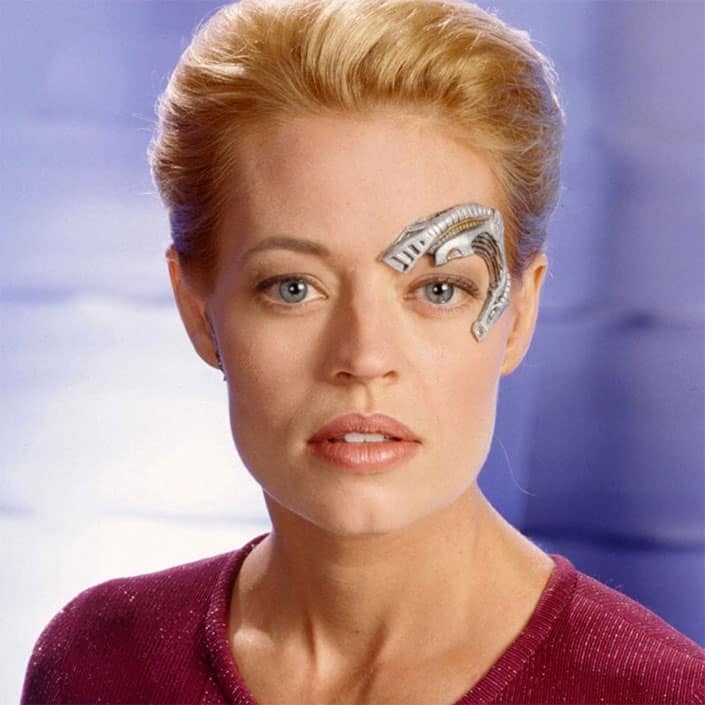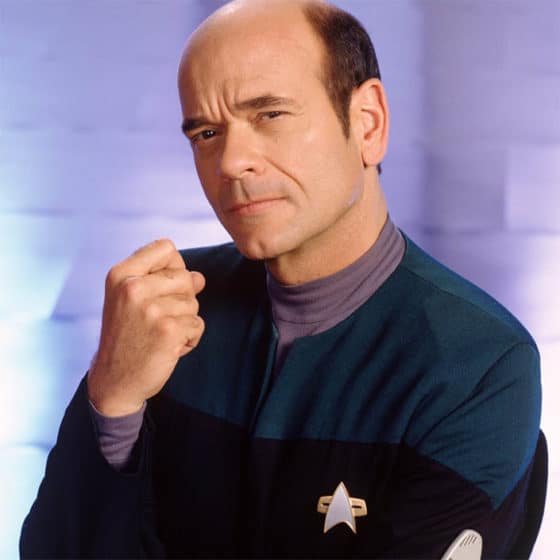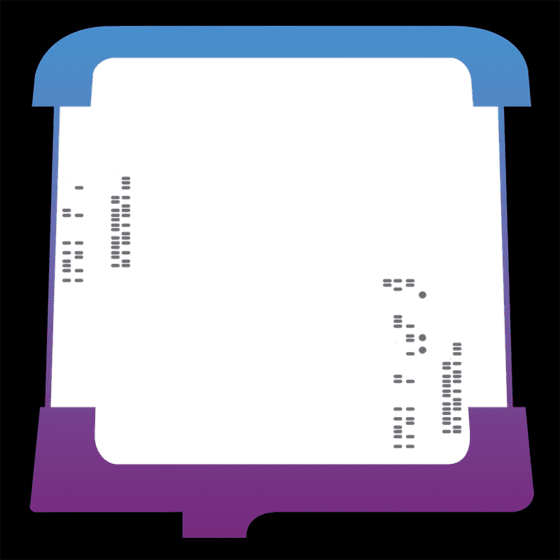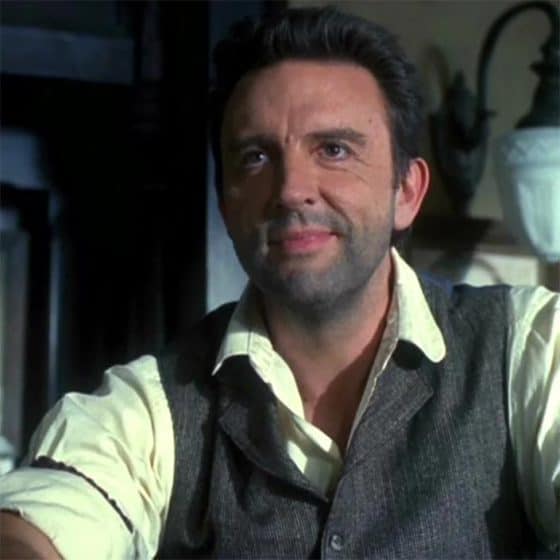
The Star Trek: Picard finale withholds the one thing fans thought they were owed: Captain Seven of Nine’s first warp order. Just as she’s about to speak, the moment cuts to black. That absence became an unlikely statement about authorship, identity, and what Star Trek chooses to canonize. It also capped a remarkable second act for Jeri Ryan—whose stewardship of Seven has turned a 1990s phenomenon into a contemporary cultural touchstone, earning a 2024 Saturn Award and keeping the runway open for whatever comes after Picard, even as a Star Trek: Legacy follow-up remains unconfirmed.
Open on a cut to black: The warp command we didn’t hear
On the Enterprise-G bridge in Picard’s finale, Star Trek set the table for a ritual it practically invented. Kirk had “Warp speed.” Picard: “Make it so.” Janeway and Sisko had their own command cadence. Seven of Nine, now captain of the rechristened Enterprise-G, squares up to deliver her first order—and the screen cuts away.
According to Ryan, that wasn’t a tease so much as a creative choice with staying power. She has suggested the series keep Seven’s “tagline” a mystery, even pitching it as a running bit: we should never quite hear it. The idea reframes the moment from a social-media cliffhanger into a narrative strategy. By refusing to lock Seven into a catchphrase, the show protected a character who has spent 25 years pushing against labels. It enabled fans to play along—arguing, projecting, writing their own versions—while freeing future storytellers from turning a woman’s leadership into a meme.
That negative space carries practical storytelling utility. It resists easy nostalgia and the flattening power of one-liners, especially for a character whose arc is about autonomy. The choice trusts the audience, preserves Seven’s dignity, and lets a new era define itself by questions rather than quips.
“We should never hear what her tagline is. Cut every time she’s about to say it.” — Jeri Ryan
From Miss Illinois to Delta Quadrant: The making of Jeri Ryan
Before the Borg and the bridge, there was a theatre kid from Northwestern University with a pageant title and a plan. Born in 1968, Jeri Ryan studied theatre at Northwestern, won Miss Illinois in 1989, and finished as third runner-up at the 1990 Miss America competition. The résumé line mattered less than the reps: the interviews, the stages, the knack for holding tension in a room.
Television found her in the mid-1990s through an array of guest roles. The pivot came in 1997, when Star Trek: Voyager cast her as Seven of Nine, a Borg drone severed from the Collective. The role asked for paradoxes—icy and curious, alien and yearning—backed by technical diction, calibrated movement, and a glass-cutter stare that could still leak vulnerability. Coming into a series in its fourth season is never simple, but the addition of Seven reoriented Voyager’s character dynamics and, in time, its cultural footprint. Ryan arrived at just the moment Star Trek was wrestling with identity, embodiment, and the costs of survival—subjects that would become her career’s leitmotif.
Seven arrives, ratings soar: Voyager’s late-series pivot
Seven of Nine joined Voyager for reasons both storytelling and strategic. The character offered a counterpoint to Kate Mulgrew’s Janeway—an ethicist and explorer suddenly mentoring a former enemy trying to become a person again. Seven also gave the series a weekly laboratory for big themes: Where does identity live? What is consent after assimilation? How much humanity is a choice?
Ryan’s performance choices were meticulous. She spoke with a measured cadence and near-clinical precision, but let micro-expressions betray curiosity and hurt. Her physicality—shoulders pitched forward, chin lifted in defiance—broadcast a soldier’s vigilance softening into presence. The interplay with Janeway produced some of late Voyager’s strongest character work, while Seven’s “fish out of water” learning curve invited humor without mockery.
Audience response was immediate and complicated—partly about costuming, partly about chemistry, increasingly about character. The series found renewed momentum in its back half, and Seven’s dilemmas became one of the franchise’s most-discussed arcs. What lasted wasn’t just the ratings lift. It was the permission the character gave Star Trek to run headlong at questions of selfhood and agency through the eyes of a woman reclaiming both.
Beyond Borg: A career built on smart, complex women
Seven of Nine didn’t define Ryan so much as introduce her. The 2000s and 2010s saw a deliberate string of roles that favored brains, bite, and leadership. On Boston Public (2001–2004), she played Ronnie Cooke, a sharp, empathetic educator negotiating institutional politics with the same steel and compassion that marked Seven’s best scenes. Shark (2006–2008) cast her as Jessica Devlin, a district attorney navigating the legal system’s corrosions opposite James Woods. In Body of Proof (2011–2013), Ryan’s Kate Murphy brought STEM-forward rigor and a steady moral compass to a medical procedural, a role she approached not as “the boss” archetype but as a physician-administrator whose empathy is infrastructural, not ornamental. Guest and recurring turns on Leverage and Bosch added further dimensions. As Veronica Allen on Bosch—sophisticated, calculating, human—Ryan traded in ambivalence, not absolutes, again choosing the kind of woman television often flattens and insisting she be read in three dimensions.
Across these parts, the throughline is clear: Ryan gravitates to capable professionals whose authority doesn’t preclude vulnerability. She brings intelligence to the foreground and treats competence as a story engine, not a costume.
Reassembling Seven for Picard: Identity, chosen names, and growth
Two decades after Voyager, Picard didn’t resurrect Seven so much as reimagine her. The Ranger-era Seven we meet is an outlaw with a conscience, someone who has learned to weaponize her trauma without letting it write her ending. By Season 3, she’s back in Starfleet, charting a different kind of assimilation—this time, on her own terms.
Picard threaded that needle with a deceptively simple beat. Captain Liam Shaw insists on calling Seven “Commander Hansen,” deadnaming her by her birth name, Annika, under the pretext of protocol. The conflict becomes a referendum on chosen identity. Star Trek, long fluent in allegory, suddenly felt very literal to many viewers—especially trans fans who saw their experience reflected. Ryan, for her part, acknowledged and valued that connection, underscoring that Seven’s name is the one she chose, earned, and kept.
Her voice changed, too—still precise, less clipped; the shoulders relax. The woman who once corrected idioms now uses them playfully. It’s growth you can hear as much as see. When Picard closed with her promotion, it wasn’t stunt casting. It was a culmination.
“I love everything about this character… to end up as the captain of the Enterprise was pretty big character growth.” — Jeri Ryan
Recognition at last: The 2024 Saturn Awards sweep
The 51st Saturn Awards became an industry shorthand for what fans already felt. Star Trek: Picard took home multiple television honors, and Ryan won Best Supporting Actress for her work, a late-career validation that doubled as a referendum on Seven’s staying power. The Saturns, long attuned to genre’s craftsmanship, recognized a performance that threaded nostalgia with reinvention, honoring not just a season of television but a 25-year arc that keeps surprising.
Awards do not create impact, but they can signal it, and this one landed like a marker in the sand. In a year crowded with sci-fi contenders and streaming noise, the Academy’s vote said that Ryan’s Seven wasn’t just beloved—she mattered now.
What comes after Picard? Legacy, pitches, and Ryan’s bar for “yes”
So what’s next? Not, for the moment, a greenlit Star Trek: Legacy. Ryan has been consistently open about her enthusiasm for a continuation that feels like the organic sequel to Picard’s Season 3—a series that would follow Captain Seven, Raffi, Jack Crusher, and the Enterprise-G. “Never say never,” she’s said, framing her return as contingent on the right team and the right story.
She has also been clear about what doesn’t fit. After Picard, Ryan reportedly declined a separate Seven-focused pitch that wasn’t Legacy—a sign of both a healthy boundary and a willingness to wait for alignment. On the production side, Terry Matalas, who steered Picard’s acclaimed final season and has been public about his Legacy concept, has indicated he’d return if asked but is not currently attached to an active Star Trek series. The franchise slate remains busy, and budgets are real; development cycles can stretch, especially for effects-heavy space opera.
As of late September 2025, there is no official greenlight for Legacy. That’s the reality. The hope, shared by fans and many inside the industry, is that the appetite and the blueprint are both there—and that the character at the center has the actor who knows exactly where to take her.
The woman off the bridge
Ryan’s off-screen life has always tempered the on-screen intensity. In 2007, she married French chef Christophe Émé, with whom she embarked on a culinary chapter that included Ortolan, a fine-dining restaurant in Los Angeles that drew raves before later closing. Food and hospitality have remained a throughline—an interest that dovetails with her social media presence and public appearances, where cooking often becomes a proxy for community.
She has long kept the spotlight on the work while protecting family life, striking the balance many working parents in Hollywood navigate. The portrait that emerges is one of craft and curiosity—someone as comfortable talking about a scene’s blocking as she is about a béarnaise.
Timeline: Jeri Ryan at warp
- 1968: Born.
- 1989: Crowned Miss Illinois.
- 1990: Miss America third runner-up.
- 1997: Debuts as Seven of Nine on Star Trek: Voyager Season 4.
- 2001: Joins Boston Public.
- 2006: Co-stars in Shark.
- 2011: Co-stars in Body of Proof.
- 2016: Appears in Bosch Season 2 as Veronica Allen.
- 2020–2023: Returns as Seven in Star Trek: Picard.
- 2024: Wins Saturn Award for Best Supporting Actress (Television) for Picard.
Explainer: Why cutting away from Seven’s warp command works
- It invites audience projection and debate, keeping fans engaged without overdetermining the character.
- It avoids defining a new captain by a catchphrase and lets leadership be shown, not said.
- It leaves future storytelling doors open, allowing different writers to echo or subvert the moment later.
Non-Trek roles to stream next
- Boston Public (2001–2004): Ryan brings steel and heart to a high-pressure public school.
- Shark (2006–2008): As a district attorney, she matches wits with a superstar litigator.
- Body of Proof (2011–2013): A physician-administrator whose empathy is as rigorous as her science.
- Bosch Season 2 (2016): A layered turn as Veronica Allen in a noir-tinged Los Angeles.
FAQs
Did Jeri Ryan win a Saturn Award for Picard?
Yes. In 2024, she won Best Supporting Actress in a television category at the 51st Saturn Awards for Star Trek: Picard.
Is Star Trek: Legacy confirmed?
No. As of September 2025, there is no official greenlight. Ryan has expressed openness to returning if the right project comes together.
What is Seven’s warp catchphrase?
Intentionally unheard. Picard cut away from Seven’s first command, and Ryan has suggested keeping her “tagline” off-screen.
Did Ryan turn down a Seven spin-off?
Yes. She has said she declined a post-Picard pitch that wasn’t aligned with the proposed Legacy continuation.
 English
English Deutsch
Deutsch



